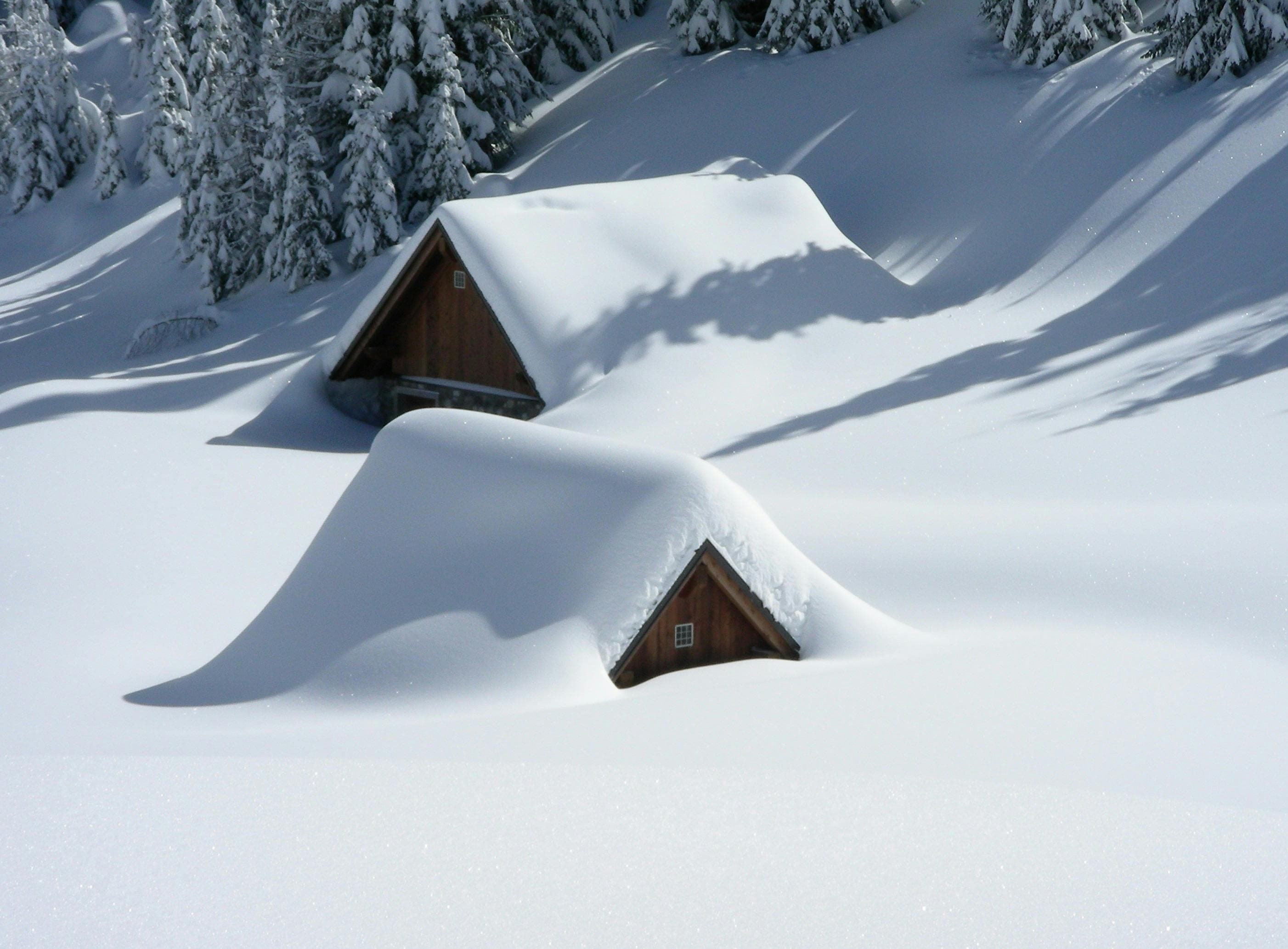Get Your Plumbing Winter-Ready: Tips to Avoid Frozen Pipes and Costly Repairs
by NCREW / DESIGN,
1. Preparing Pipes for Winter
As winter approaches, regular checks for leaks or weak points in your plumbing system become essential. Even small leaks can lead to major issues if water freezes in those areas. Additionally, keeping your faucets on a slight drip during freezing temperatures can help prevent ice buildup inside the pipes. This simple trick ensures that water continues flowing and doesn't have the chance to freeze, expand, and cause damage.

With the onset of cold weather, homeowners and businesses alike face a significant challenge: freezing pipes. As temperatures plummet, water inside the pipes can freeze, causing them to expand and potentially burst. This can lead to costly water damage and repairs. To prevent this, it's crucial to insulate pipes that are exposed to the elements, such as those in attics, basements, or crawl spaces. Foam pipe insulation or heat tape can be lifesavers when it comes to keeping your plumbing safe through the coldest months.
2. Water Heaters and Boiler Maintenance
Your water heater plays a crucial role in keeping your home or business comfortable during winter, but it's often overlooked until there's a problem. To avoid the inconvenience of a cold shower during a frigid morning, it's wise to perform a maintenance check before winter hits. This includes flushing the tank to remove sediment buildup and ensuring the heating elements are functioning properly. A water heater blanket can also help maintain temperature and reduce energy costs by minimizing heat loss.

In addition to water heaters, boiler systems should be inspected for efficiency. A properly maintained boiler ensures that heating systems operate smoothly, preventing frozen pipes and maintaining a comfortable indoor environment. Regular service and inspection of your heating system will help avoid costly mid-winter breakdowns.
3. Outdoor Plumbing Precautions
Outdoor plumbing is particularly vulnerable to freezing temperatures, and it’s important to address these areas before winter sets in. Disconnecting hoses, shutting off water to outdoor spigots, and draining any remaining water are crucial steps to prevent freezing. Any residual water in these lines can freeze, expand, and cause cracks or breaks in the plumbing.
For those with irrigation systems, winterizing the lines by blowing out the remaining water with compressed air is an essential step. Failing to do so can lead to broken pipes underground, which are often expensive and difficult to repair. Taking these preventative steps before the first hard freeze can save you a lot of headaches come spring.

Additionally, ensuring that your home's heating system is running efficiently helps keep interior pipes warm. Keeping indoor temperatures consistent, even if you're away, can prevent pipes from reaching freezing temperatures. Some homeowners opt for smart thermostats that can be controlled remotely, making it easier to maintain the necessary warmth even when the property is unoccupied.
